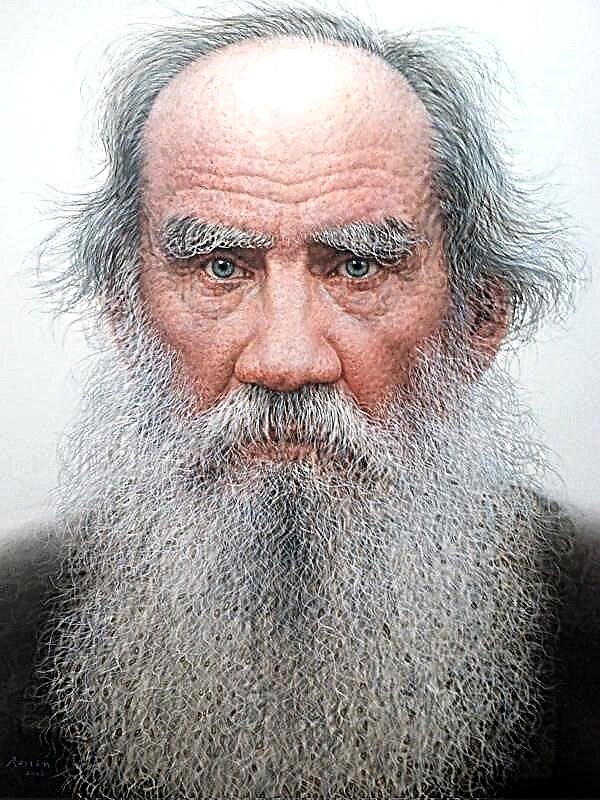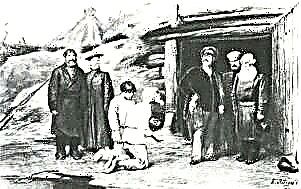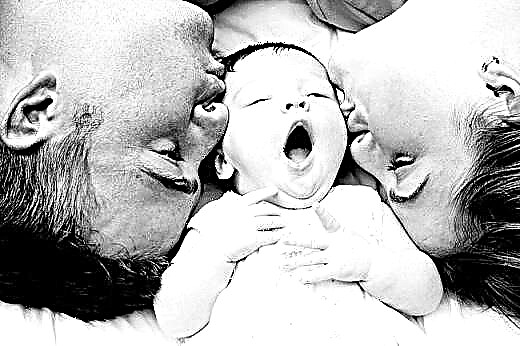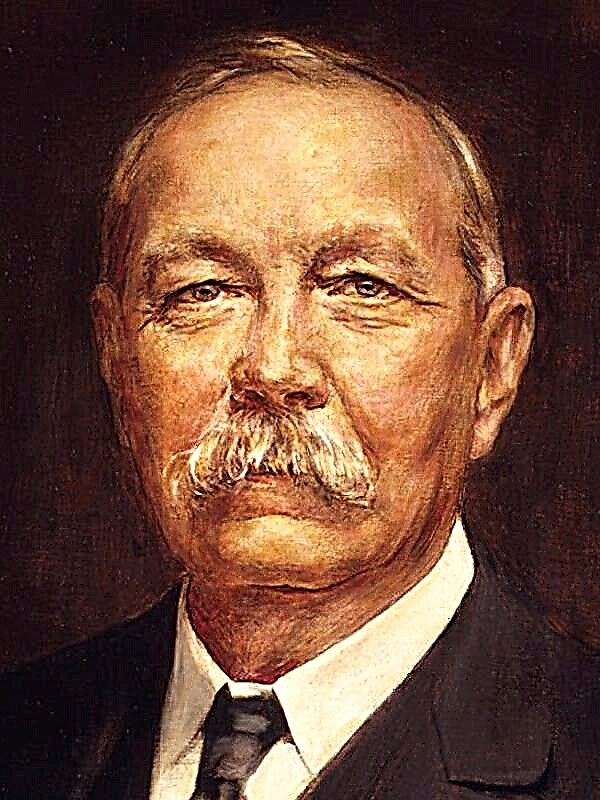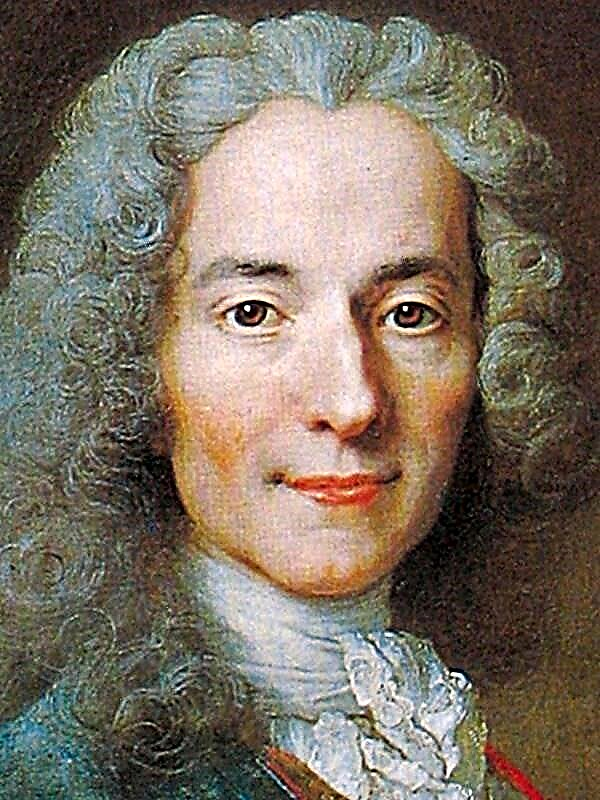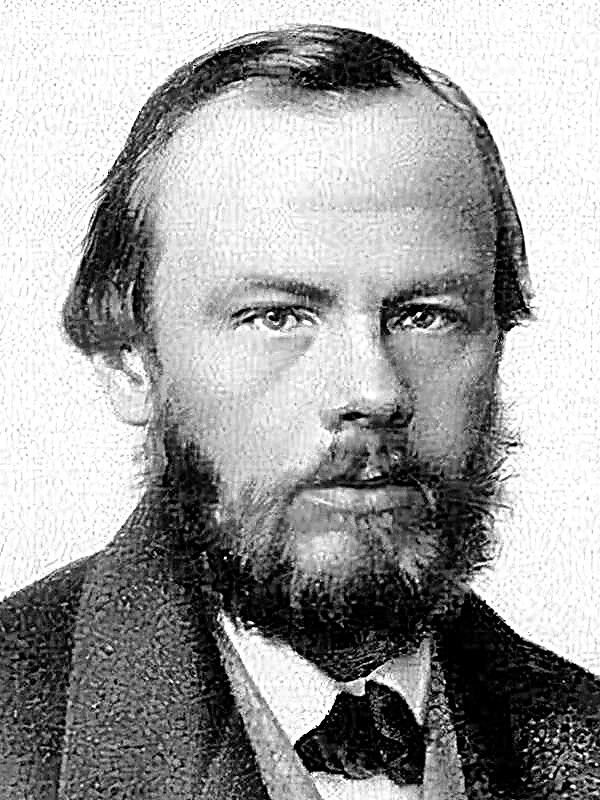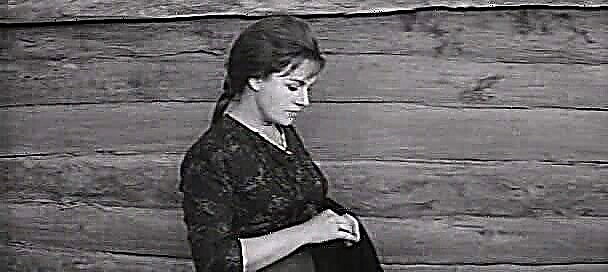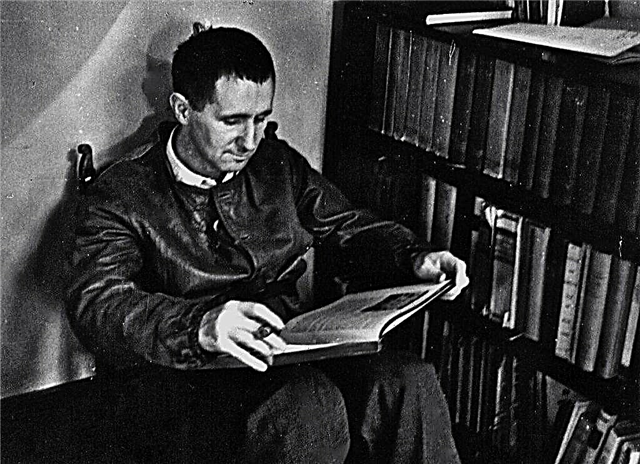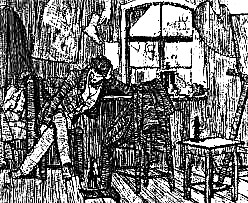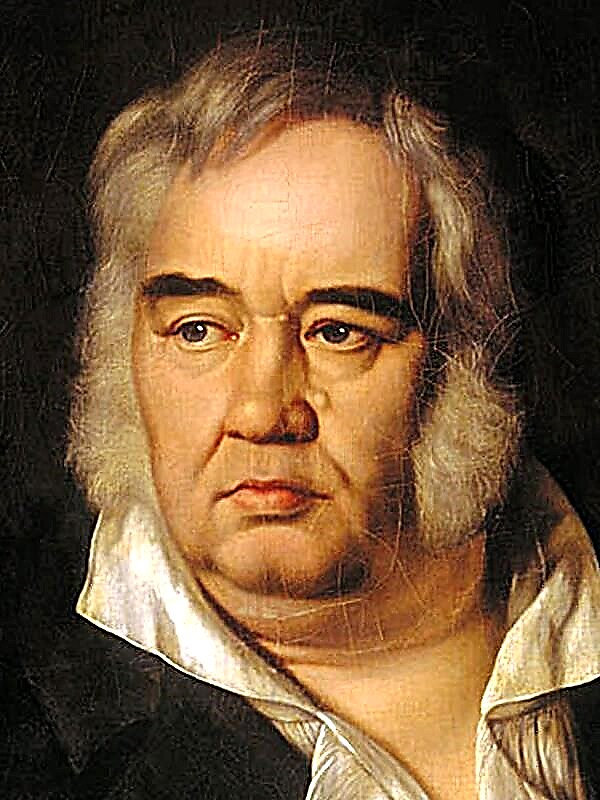Share
Pin
Tweet
Send
Share
Send
We have formulated the most popular problems, which are reflected in the texts for the essay on the exam. Arguments that reveal these issues are located under the headings listed in the content. You can download all this in a table format at the end of the article.
Education need
- Some people like to wonder: do you really need to study? Why is this education? And they often prefer to achieve more attractive goals. Mitrofanushka, one of the heroes, also believed D. Fonvizin’s comedy “Undergrowth”. His famous remark “I do not want to study, I want to marry”, unfortunately, for many becomes an incentive to postpone studies, but Fonvizin only emphasizes which character is really ignorant. During the lesson and on the exam, he shows laziness and illiteracy, and even in family relationships, he shows inability and unwillingness to establish contact and understand the interlocutors. The author ridicules the ignorance of a young man so that the reader understands how relevant education is.
- Many people simply do not want to learn something new and are fixated only on traditions, although it is important to live in the present at any time. It is this thought that the only "new man" is trying to convey in the comedy of A. Griboedov “Woe from Wit” Alexander Andreevich Chatsky. The hero seeks to prove to Famusov’s society that life does not stand still, he is trying to encourage the characters to learn new trends in a rapidly developing world. Unfortunately, Chatsky is faced only with misunderstanding, and is even recognized as crazy. However, the author emphasizes precisely his advanced views against the veneration of serfdom and serfdom, since the changes are long overdue. The remaining heroes simply preferred to live in the past, although the whole subtext of the comedy is that only Chatsky, who is not understood by society, remains right.
Inability to find use for education
- Many educated characters stood out in society, but not everyone was able to find a worthy use of their capabilities. The reader meets a hero who is disappointed and wilted in an existential crisis novel by A. Pushkin "Eugene Onegin". The young nobleman immediately impresses the well-read by Tatyana Larina precisely by the fact that he does not look like the inhabitants of the village, moreover, reminds her of the hero of sentimental novels. Onegin, on the other hand, was bored, sciences did not bring pleasure, and even love failed to save the hero. Eugene, a representative of a young noble intelligentsia, was not able to realize his abilities by the end of the work.
- “Extra person” in literature is a hero who can do everything, but does not want anything. This is Grigory Pechorin from the novel by M. Lermontov “Hero of our time”. Pechorin is a young officer, a nobleman who could not find happiness, despite the fact that the world is full of opportunities. Gregory often analyzes his actions, but still remains disappointed. Pechorin is really smart, but he reflects on the fact that he was given a high assignment, he just did not guess it. Lermontov in his novel raises the problem of the inability to find a worthy use of the "immense forces" with which man is endowed.
- It happens that even a capable person cannot or simply does not want to realize his abilities. Turn to Goncharov’s novel Oblomov. The main character is a middle-aged nobleman who prefers to lie on a sofa for a significant part of his life. Ilya Ilyich has a kind soul, an honest heart, and he himself is not a dumb character, but in modern society Oblomov simply does not want to make a career. Only Olga Ilyinskaya prompted the hero to change his lifestyle for a short while, but in the end Oblomov returned to his original place, and he did not go through his laziness.
Locked on self-development
- For some, it is knowledge and the realization of their own abilities that are primary, therefore they are ready to reject spiritual values. IN Turgenev’s novel “Fathers and Sons” Evgeny Bazarov is the future doctor for whom medicine is everything. The protagonist is a nihilist, and only science remains sacred to him. From his own experience, Eugene understands that he is also capable of tender feelings, but the embodiment of a medical education for him is still in the first place. Just as at the beginning of the novel we see Bazarov going to the swamp for frogs for experiments, so at the end of the work, when the hero has already fallen in love, he does not forget about medical practice, it also destroys him.
- Literature often raises the urgent issue of finding the meaning of life, and the German poet Johann Wolfgang Goethe is no exception. IN Faust the main character is a true genius, a skilled doctor who has mastered philosophy, theology and jurisprudence. However, he still considered himself a fool, and only after the adventures shared with the devil Mephistopheles did the hero understand that the meaning of his life was precisely in self-development. His thirst for knowledge saved his soul, and only in education and knowledge of the world did Faust find true happiness. Neither love, nor beauty, nor wealth were able to inspire the hero so much as the desire for enlightenment.
- It is difficult to argue that education is important, and some believe that knowledge of the sciences is above all. Let's remember “I’ll be on the day of the ascension ... Elizabeth” by Mikhail Lomonosov. To quote an excerpt from the work, we want to note that in the XVIII century, education was also highly appreciated. “The science of the young men feeds, gives joy to the old, decorates them in a happy life, takes care of them in an accident” - this is what the great Russian poet says. Indeed, if we turn to the successes and achievements of Lomonosov, it will be difficult to disagree with the importance of education and the pursuit of knowledge. A simple man from the outback made a career with the capital, determining the course of domestic scientific thought.
The role of the book in human life
- An educated person is usually smart and well-read. It is difficult to imagine a person striving for knowledge who does not recognize the authority of books and, in principle, does not like to read. The great influence of the book on the fate of the character we meet in F. Dostoevsky’s novel Crime and Punishment. The main character, Rodion Raskolnikov, goes for the murder, after which he falls into a terrible state of thinking about his act. He lives in fear of the disclosure of his sin and so nearly goes crazy, but thanks to Sonya Marmeladova, who reads an episode from the Bible to him, he finds salvation. An excerpt from the holy book narrated about the resurrection of Lazarus, and this was the main key to Raskolnikov’s decision: sincere soul repentance is necessary for the soul to come to rebirth. So thanks to the book - the Bible, the hero embarks on the path of moral resurrection.
- Many are not only frivolous about studying and reading, but they really believe that it is better to do without it in life. We can observe such a situation in Aldous Huxley’s novel “Brave New World”. The plot is rapidly unfolding in the dystopian genre, where books are strictly prohibited, moreover, an aversion to reading is instilled into the lower castes. Only the Savage tries to remind society that this is absolutely impossible to live, and science and art should not be prohibited. Hedonistic society is actually an illusion that the hero does not withstand. Due to the non-existent “brave new world”, the author only emphasizes how important the book is for the formation of personality.
- Surprisingly, some recognized geniuses owe their success not so much to education as to passion for literature. Reading prompted W. Shakespeare to write great tragedies, about which even a non-reading student had heard. But the English poet did not receive higher education, it was his ability to draw relevant and interesting thoughts from books that helped Shakespeare to reach such heights. So the German writer Goethe gained literary success due to the fact that in his youth he devoted his free time to reading. An educated person, of course, is capable of self-realization, but without reading books it is much more difficult to realize their capabilities.
Education as a future calling
- In the story of A. Chekhov "Ionych" the main character is a young zemstvo doctor. At the beginning of the work, Dmitry Startsev spends time with the Turkins family, which was considered "the most educated and talented." However, after Ekaterina Ivanovna’s refusal to marry, he moves away from this house and is disappointed in its inhabitants. Several years passed, and during this time Startsev began to look differently at many things, including his vocation. If before his medical education inspired him to work, now he is only interested in money. At any time, it is so important to remain passionate about your vocation so that education brings not only income but also pleasure.
- Many people need talent to find their calling, but in order to develop it, education is also important. The great Alexander Pushkin studied at the Imperial Tsarskoye Selo Lyceum, where he also developed his poetry skill. He raised the theme of vocation in his work, speaking of poetry. One of the poems about the poet’s mission is the work “The Prophet”, where the poet is endowed with a divine purpose due to metamorphoses. Like the lyrical hero, Pushkin worthily embodies his calling, but in real life, education, of course, helped him a lot.
Share
Pin
Tweet
Send
Share
Send

